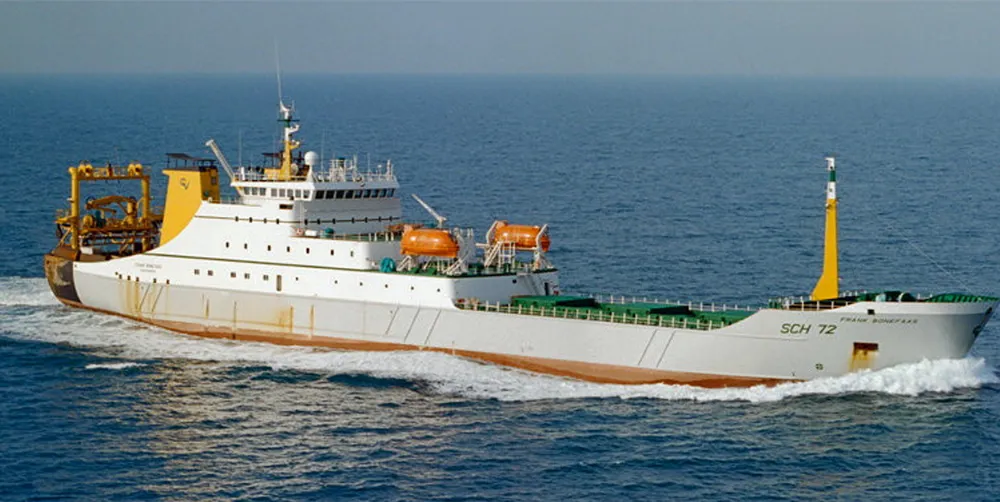Cornelis Vrolijk's UK arm sees profit, sales plummet on slashed quotas
Fishing conditions have also been challenging, with many North Sea fishing areas closed and categorized as Marine Protected Areas.

Fishing conditions have also been challenging, with many North Sea fishing areas closed and categorized as Marine Protected Areas.
